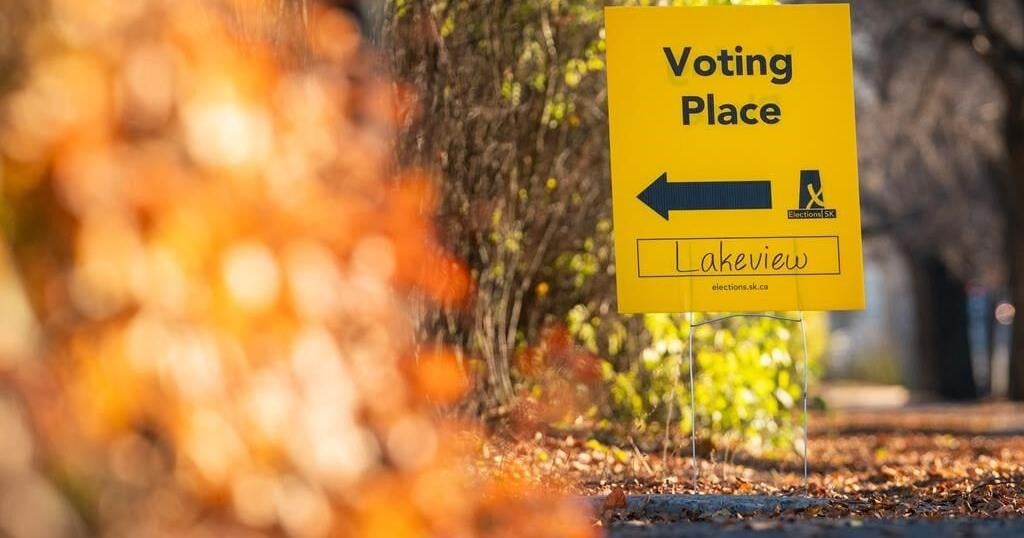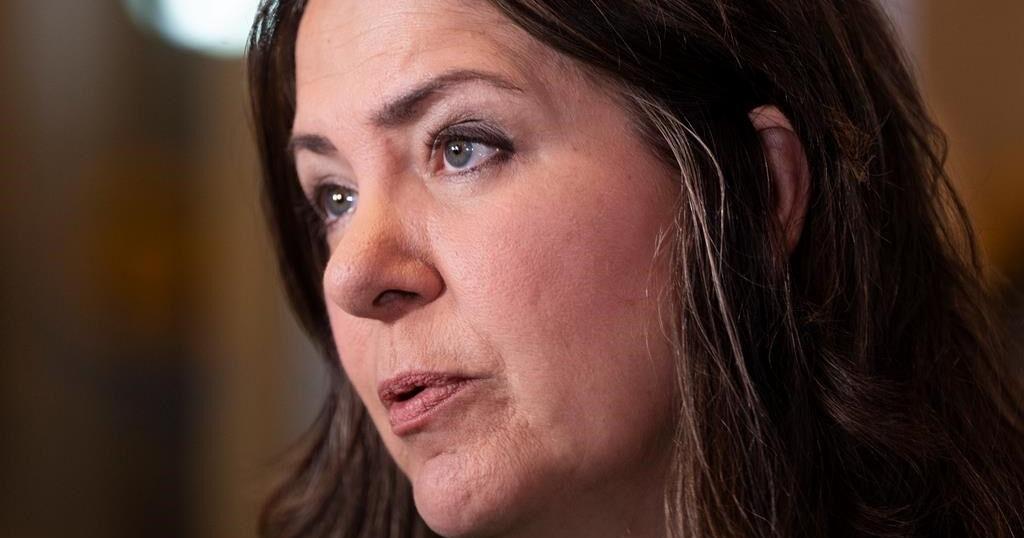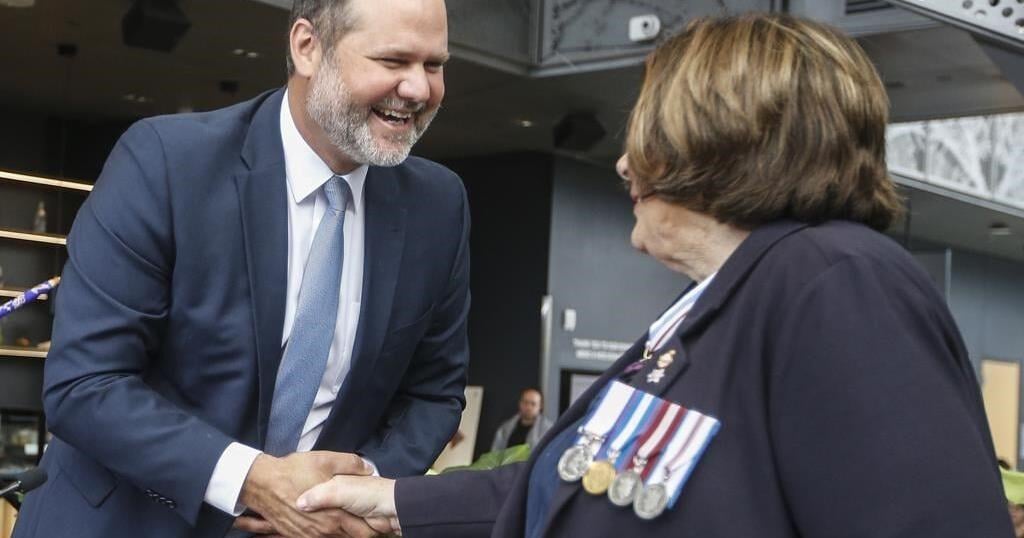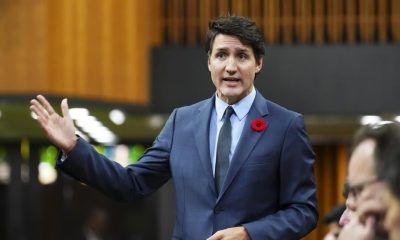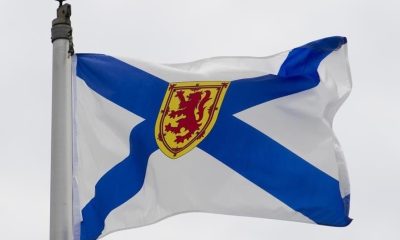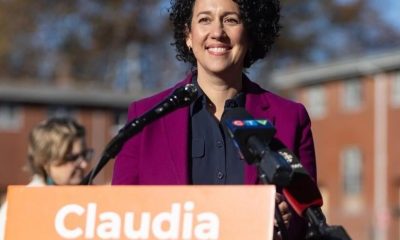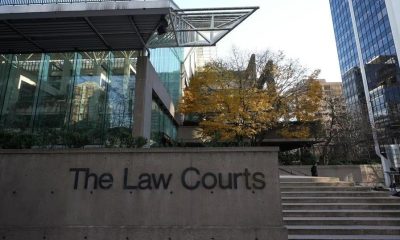REGINA – A controversial Saskatchewan Party candidate who had been on track to win his seat in Monday’s election appears to have lost.
David Buckingham, the incumbent in Saskatoon Westview, was narrowly ahead of NDP challenger April ChiefCalf in voting on election night.
Elections Saskatchewan started counting mail-in ballots Wednesday, focusing on ridings with the closest races, including Saskatoon Westview.
ChiefCalf was put at 3,501 votes — 37 ahead of Buckingham.
Buckingham publicly apologized during the election campaign, after it came to light that he uttered a racial slur referring to a Black person a year ago in the government caucus office.
With the riding changing hands, Premier Scott Moe and his Saskatchewan Party have 34 seats, still enough to form their fifth consecutive majority government.
The Opposition NDP almost doubled their seat count, sweeping Regina and taking all but one seat in Saskatoon, and sit at 27.
The Saskatchewan Party and NDP did not immediately respond to requests for comment over the result.
On Wednesday, poll workers were to count more than 20,000 mail-in ballots that were received Saturday.
Saskatchewan’s chief electoral officer Michael Boda said remaining mail-in ballots would be counted Nov. 9, along with those from hospitals and remand centers.
Once that’s complete, candidates can request a recount through a judge, he added.
“The chief electoral officer is not the one who calls for a recount. It has to be the candidates that are doing that,” Boda said.
Voter turnout was above 53 per cent, a small improvement from 52 per cent in the 2020 election.
“When you fall below the 50-per-cent rate, then you have some challenges in your democracy,” Boda said.
“What we’re trying to do is reduce barriers so that people have access to the ballot. But we’ll need to work with other partners on that front.”
This report by The Canadian Press was first published Oct. 30, 2024.

